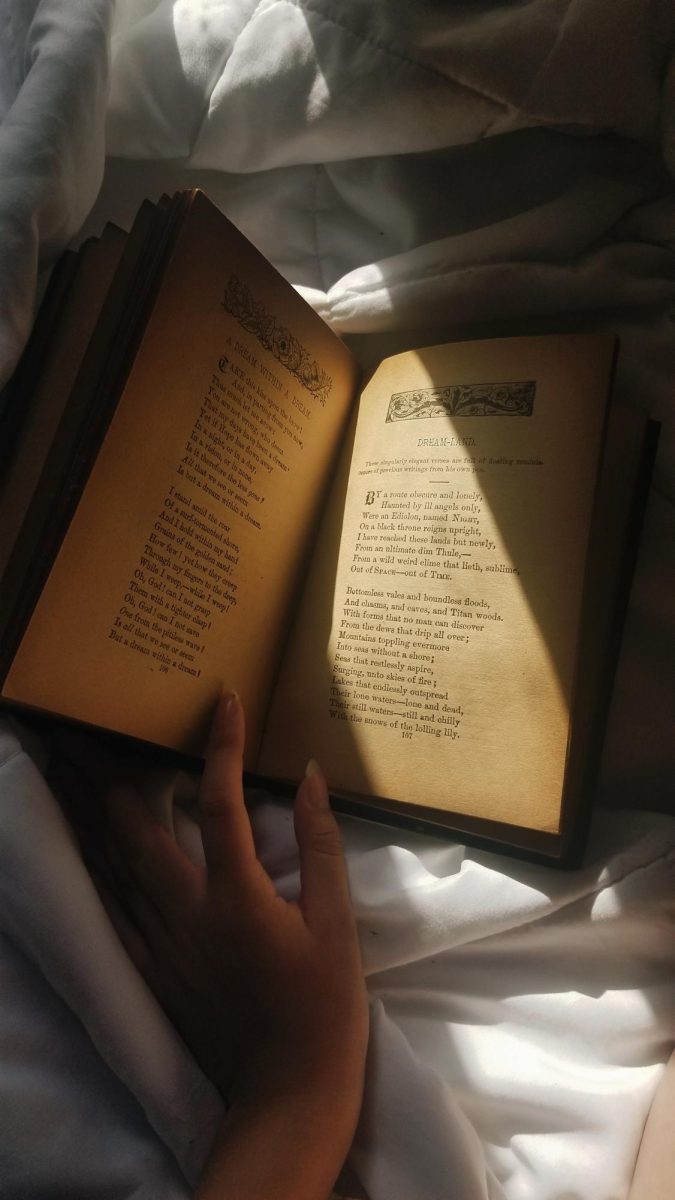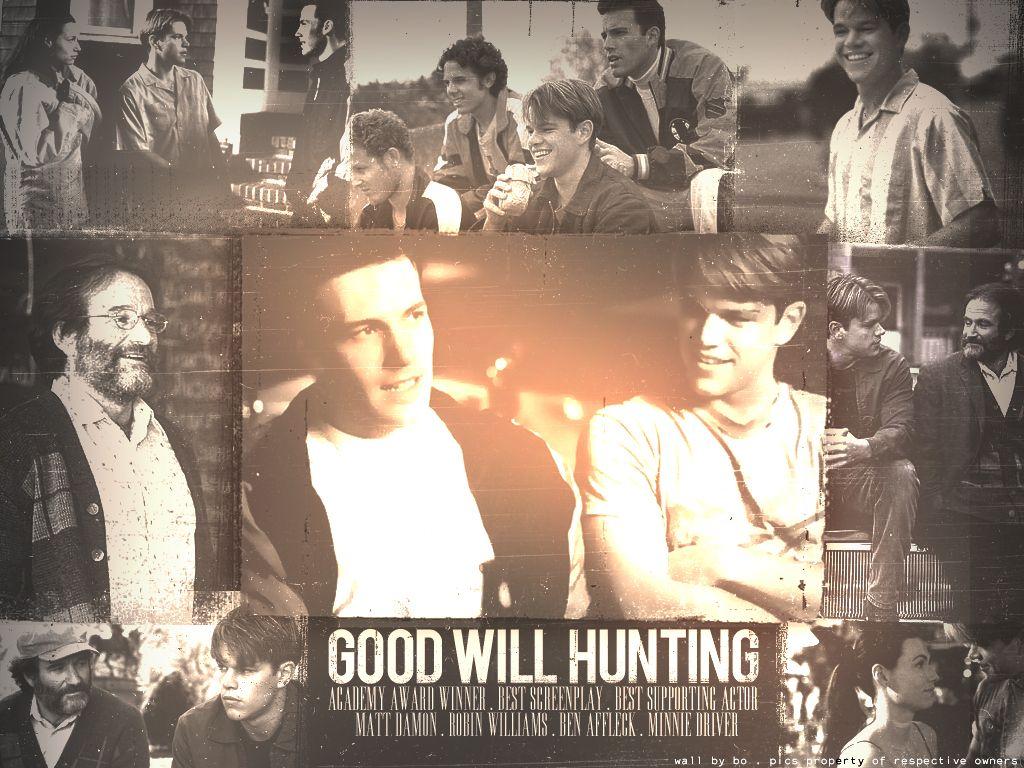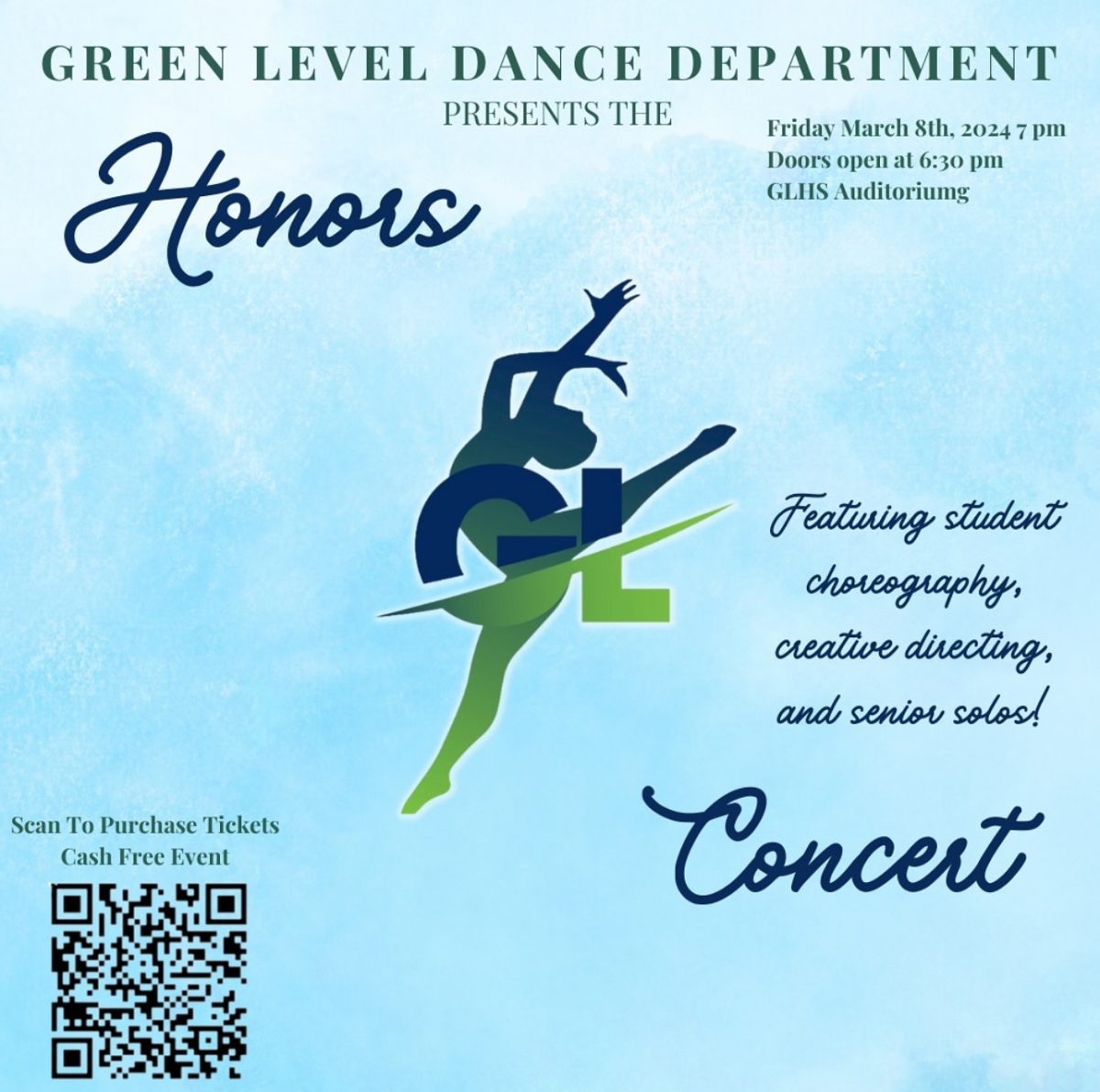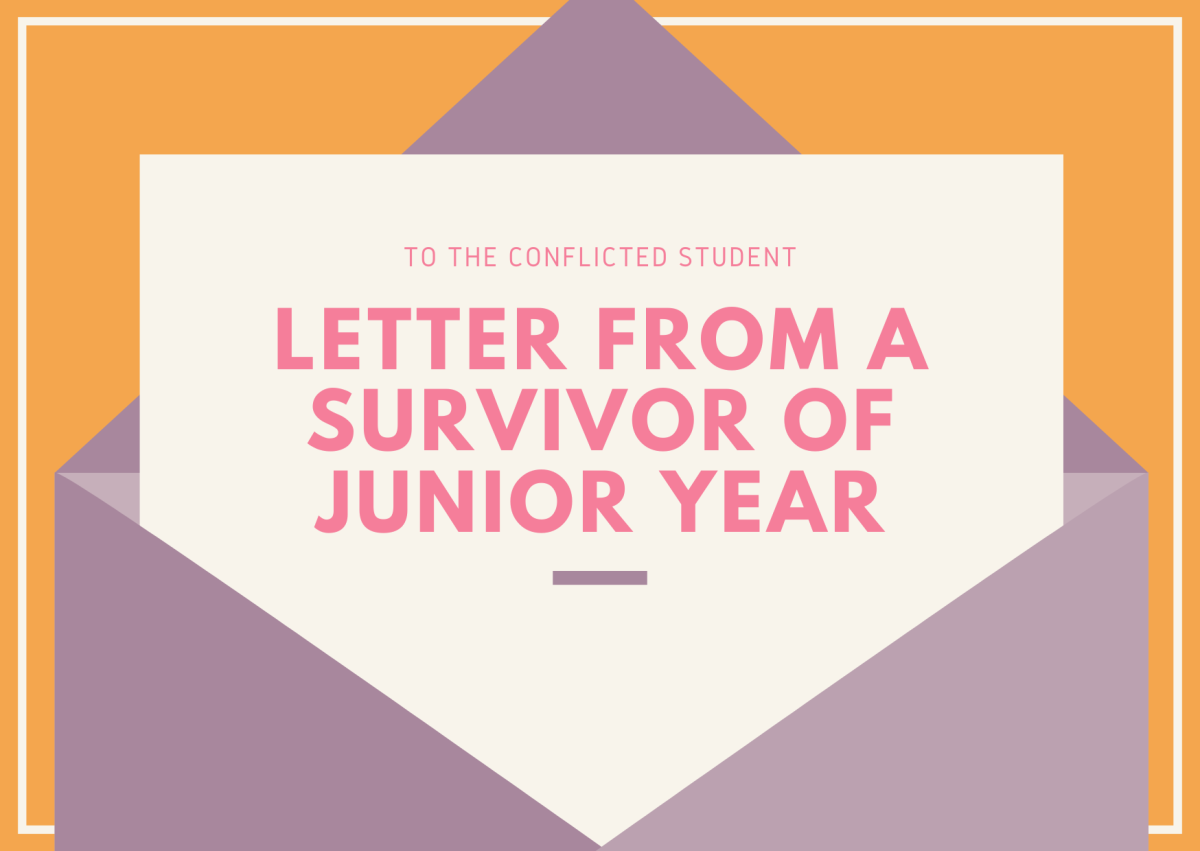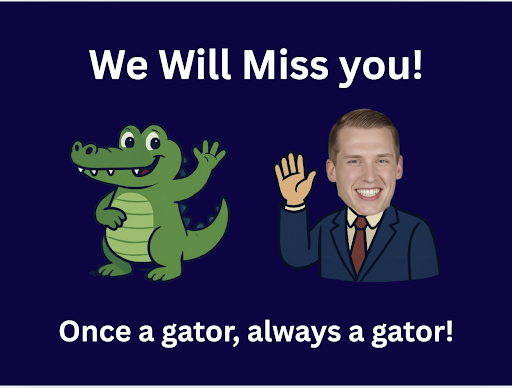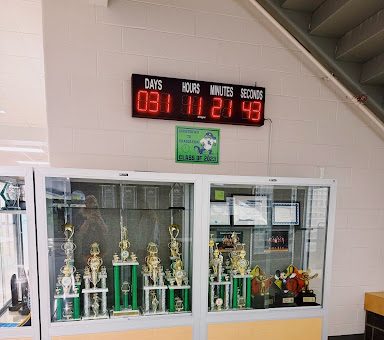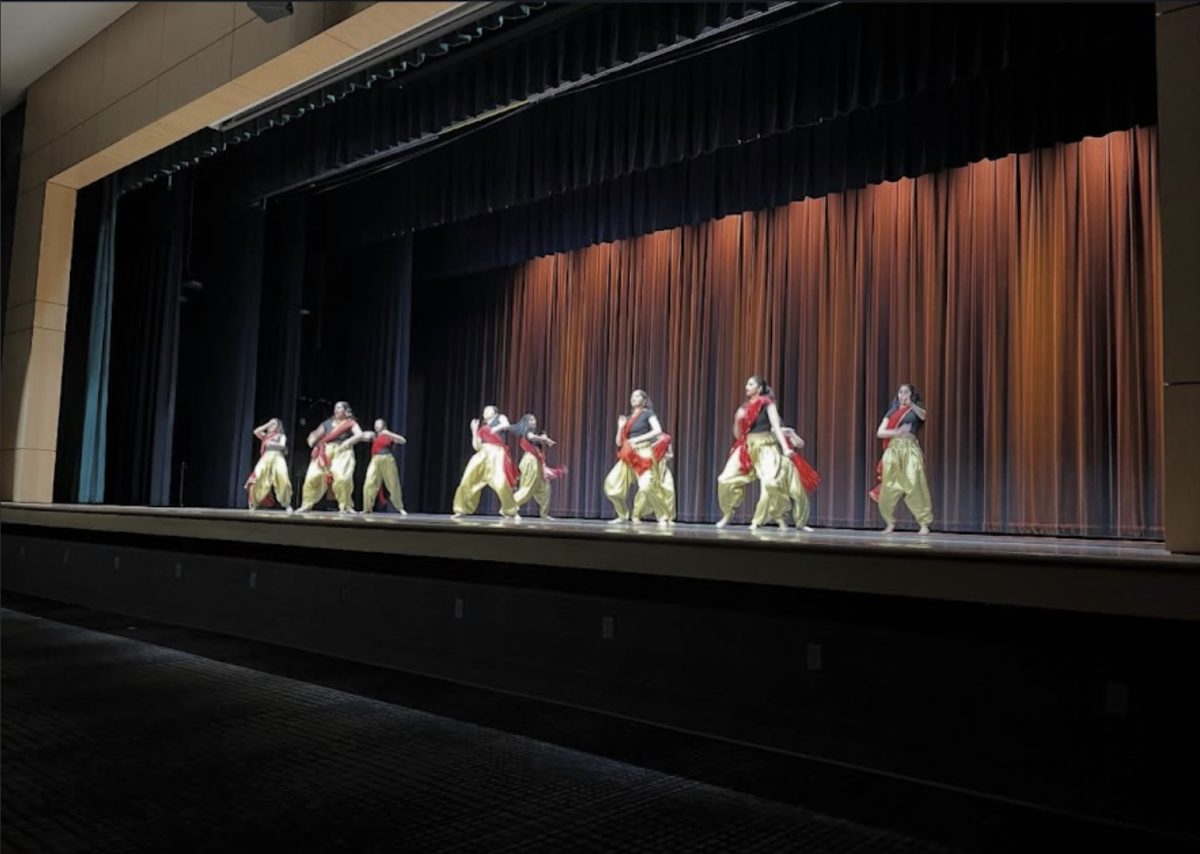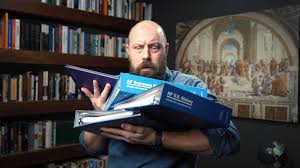“Diversity of opinion about a work of art shows that the work is new, complex, and vital.” (Oscar Wilde, The Picture of Dorian Gray)
Students attending US schools have unknowingly fallen victim to a national phenomenon unraveling within their educational communities. Controversial amendments in English curriculums have led to the complete turnaround of our formal education. Required reading lists have been bent– if not wholly twisted– to fit the narrative pushed by modern conceptions and caliber. As these accommodations are being made, the discussion of the intellectual outcome behind the dissolution of classic books in the classroom is becoming increasingly unavoidable.
The actions taken to challenge the presence of classics on school reading lists have increased over the years, leading to the removal of previously commended and often captivating books. Whether these books were challenged through the argument of immorality, provocative language, trauma-inducing subjects, or outdatedness, they all began to encounter the same fate. Our schools often faced backlash from parents and other community members who disapproved of their implementation.
“It is a good rule, after reading a new book, never to allow yourself another new one till you have read an old one in between.” – CS Lewis.
The sensitivity within younger generations has been easily provoked by certain novels, which can clearly be seen when comparing old and new reading lists, as replacements have been placed to modernize students’ exposure to literature.
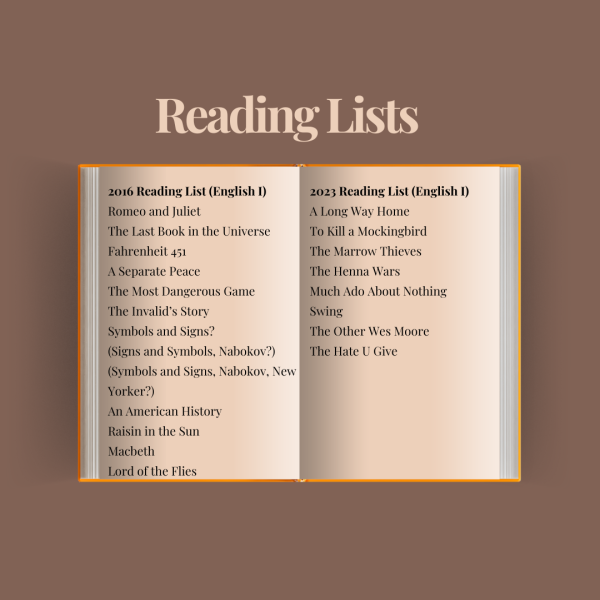
For instance, at its core, The Hate You Give is a novel that focuses on issues surrounding racial injustice, police brutality, and systemic racism. Unlike To Kill a Mockingbird, the events in this novel take place in the late 90s, providing a more contemporary story to our generation. Though the message behind the novel is important, it can also be said that the writing, though emotic, is not very enlightening for students meant to study expertise in utilizing the written word. Typically, books deemed as classics are filled with archaic language, in which the symbolism and language stimulate students’ minds. This is where the matter of removing classic novels from curriculums leads to declines in students’ academic abilities with interpretation, verbal efficiencies, and creativity.
While there have been drastic changes in our reading lists, they’ve also changed from requiring singular books to be read, to allowing students choices between several books. Green Level High School English teacher, Mrs. Evans, explains, “I think one of the biggest changes to reading lists over my the last ten years has definitely been the shift to incorporate more student choice. When I first started teaching, there really wasn’t any push to have students choose their books, and now it’s incorporated into almost all of our units. I think this is mostly a good change– it’s always better for students to be reading something they like than to not read at all. However, one thing that is pushed out of instruction – for the most part – is whole-class discussion about one book, which I think can be really beneficial to a class.”
Classics often expose the social turmoils that characterize a time period. The novels of Charles Dickens, for example, highlight the economic challenges of 19th century England and the spiritual degradation of the citizens due to the cruelty of society.
Mrs. Evans believes it to be important to have both classics and non-classics on our reading lists, “Books of all kinds can be beneficial for so many different reasons. I find that students can connect on a more personal level with more modern texts; however, books from the past can give us a new perspective on how different topics and events were treated by authors, and how conversations around topics like racism, poverty, and sexism have changed over the years.”
Though they are often associated with elitism, one cannot claim that classic novels only deal with the wealthy upper class. Admiration for classics over a range of time has come from the astoundingly crafted storylines, writing, and characters from various backgrounds. Classic literature illuminates social issues that are often overlooked otherwise, contains extremely valuable life lessons, and teaches readers important intellectual skills.
“There is no such thing as a moral or an immoral book. Books are well written, or badly written. That is all.” Oscar Wilde, The Picture of Dorian Gray
As most classics address sensitive topics, it is imperative that teachers and students alike approach these subjects with care. Some classic works can cause immense emotional impacts, especially if not approached carefully. Often, students from underprivileged groups are forced to read classic novels in schools without being told what they will encounter. Therefore, it is important that certain actions are taken to prevent readers from being left in the dark.
The average SAT scores have demonstrated a decline since 2006, as data shows, with test results recorded from 1972 to 2022. Generally, reading scores have been decreasing, while math scores have been slightly rising. Many things contribute to these changes, such as access to quality education, differences in curriculums based on where people live, and, of course, the pandemic of COVID-19. A line has yet to be drawn between schools’ reading curriculums and test scores, but it is clear that the changes in our standards for reading have occurred simultaneously with the depletion of reading scores for the SAT.
Classic works of literature are extremely important as they teach readers critical thinking and provide unique perspectives on captivating stories, yet schools are removing more and more of these pieces from curriculums each year, so where and when do we draw the line?

